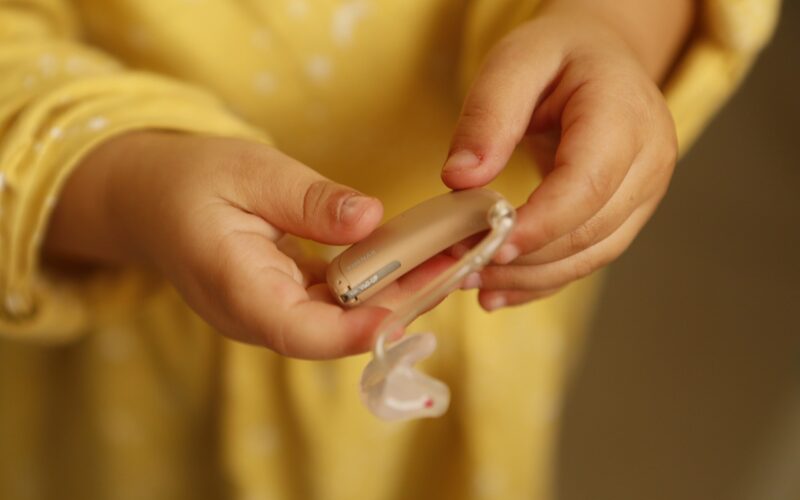How Hearing Loss Can Lead To Depression
Hearing loss is a prevalent condition affecting millions worldwide. Often misunderstood as a simple inconvenience, it can have profound psychological impacts, including depression. Whether due to age, noise exposure, or medical conditions, the inability to hear clearly can lead to social isolation and feelings of inadequacy, significantly affecting mental health.
The link between hearing loss and depression
Many people with hearing loss experience a sense of disconnection from their surroundings. This disconnection can amplify feelings of loneliness and frustration, often leading to depression. Social interactions become challenging, and one might find themselves withdrawing from activities they once enjoyed. With over 40% of adults over 50 in the UK experiencing some form of hearing loss, the potential for depression is substantial.
Social implications and emotional toll
When an individual's ability to communicate effectively is compromised, it may lead to misunderstandings and strained relationships. Friends and family might grow impatient, not realising the extent of the struggle the person with hearing loss is facing. This can result in the affected individual feeling like a burden, further exacerbating depressive symptoms. Regular activities, such as dining out or attending social gatherings, can become daunting tasks, prompting individuals to avoid these situations altogether.
Identifying the signs early
Early detection and intervention are crucial in mitigating the impact of hearing loss on mental health. Regular hearing tests can be instrumental in identifying any changes in hearing ability before they severely affect one's lifestyle. A visit to an audiologist Manchester can provide a comprehensive assessment of hearing health, paving the way for appropriate interventions. In some cases, simple solutions like ear wax removal Manchester can significantly improve hearing and, consequently, quality of life.
The role of audiologists
Audiologists play a vital role in managing hearing loss and its psychological impacts. They are equipped to not only diagnose and treat hearing issues but also offer guidance on coping strategies. Through counselling, audiologists can help individuals understand their condition and explore available treatment options. This support can greatly alleviate feelings of helplessness and depression, empowering individuals to regain control over their lives.
Treatment options and lifestyle modifications
Fortunately, there are several ways to manage hearing loss and reduce its impact on mental health. Hearing aids and other assistive devices can enhance hearing, making communication more accessible. Additionally, joining support groups can provide a sense of community and shared understanding. Lifestyle modifications, such as regular exercise and mindfulness practices, can also help improve mood and overall well-being.
Promoting awareness and acceptance
Raising awareness about the connection between hearing loss and depression is essential in encouraging individuals to seek help. It is important for society to adopt a more empathetic approach towards those with hearing difficulties, reducing stigma and promoting acceptance. By fostering an environment of support, we can ensure that those affected by hearing loss do not have to suffer in silence.
Hearing loss is more than just a physical ailment; it has significant emotional and psychological implications. By understanding the potential for depression and taking proactive steps, individuals with hearing loss can lead fulfilling lives. A regular hearing test Manchester, consultations with audiologists, and community support are invaluable resources in this journey.









